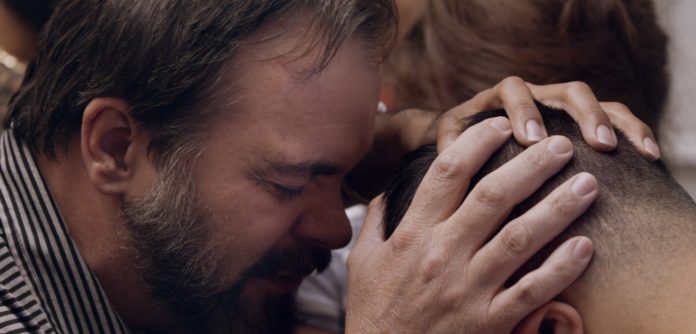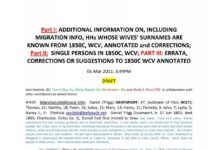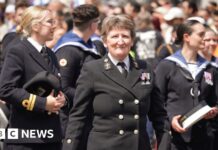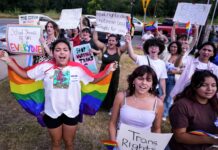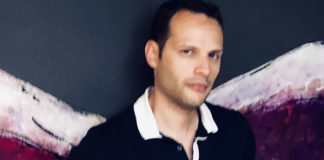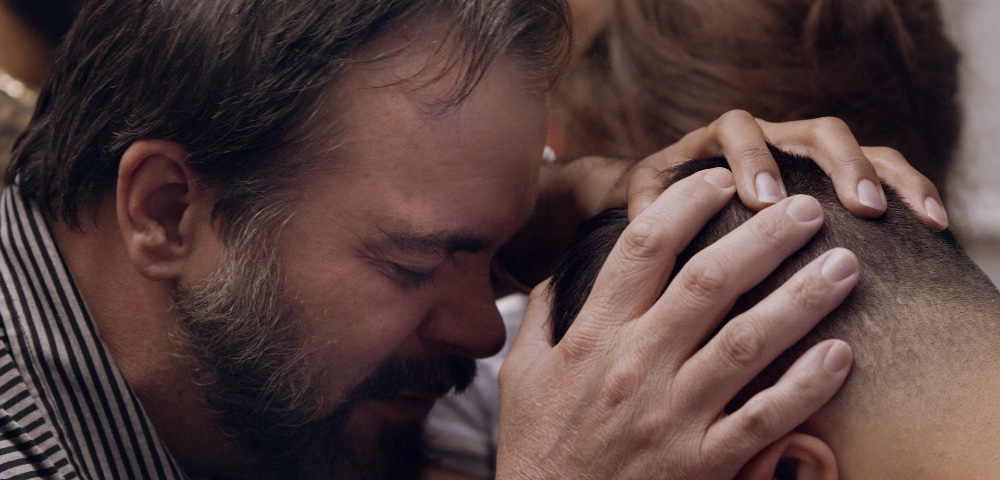
Occasionally, a seminal work appears that becomes a defining piece, a turning point, or breakthrough in a particular area. Considering the religious LGBTQ conversion movement, the Netflix documentary Pray Away could very well be that work. It’s definitely a MUST SEE, MUST SHARE documentary.
After mental health professional organisations realised that gay and lesbian people were not sick and their decades of cruel, and at time barbaric treatments, had failed, the Christian Church stepped into the space. The “ex-gay” movement, later to become more commonly known as “conversion therapy”, was born.
This was not solely a US phenomenon though, as I was in a Christian residential program to become straight in 1972, four years before Exodus was founded.
At the height of the movement, there were approximately four times more ministries in Australia per capita than in the United States.
Four Decades Of ‘Pray The Gay Away’
[embedded content]
Pray Away is not so much about history as personal journeys. It takes us back to the US roots of Exodus and the following four decades of the “pray the gay away’ movement through various leaders’ stories.
Michael Bussee was a pioneer of the movement and one of the co-founders of Exodus in 1976. Unlike others in the documentary, Bussee woke up early and was out of there three years later; eventually becoming a public opponent.
This was not the case for John Paulk, Yvette Cantu Schneider, Randy Thomas, Alan Chambers and Julie Rodgers, who dedicated years of their lives to leadership and as spokespeople for the “Change is Possible” message.
At its height, president Alan Chambers claimed that Exodus International received over 400,000 inquiries each year from people wanting to turn straight and that hundreds of thousands actually had. Some of the worst years were when the organisation moved into the political sphere, after being seduced by personal egos and wooed by the religious right movement.
‘Uncomfortable & Chilling Moments’
There are uncomfortable and sometimes chilling moments as the former leaders talk about their involvement, regrets, personal impacts and moments of awakening.
#PrayAway in Australia https://t.co/WJT2fsmbvz
— Anthony Venn-Brown OAM
(@gayambassador) August 14, 2021
On one hand, the leaders were proclaiming healing and freedom, whilst quite the opposite was happening to thousands, including themselves. People developed mental health issues. For many, those issues continue to this day. Others took their lives.
The viewer must decide whether the former leaders are the perpetrators or also victims.
Exodus closed its doors in 2013 with an apology to the LGBT community from Alan Chambers for the harm they caused. Another chilling moment in the documentary is when Chambers and his wife are confronted in a church basement by survivors and their stories.
To think that this documentary is just about a series of historical events would be a HUGE mistake. Pray Away is intensely relevant.
Whilst Exodus and other ministries have closed their doors, in most evangelical, pentecostal and some mainstream churches, the outdated beliefs about sexual orientation and gender identity that fuelled the LGBTQ conversion movement still exist.
In non-affirming churches, young LGBTQ people are going through the same emotional, psychological and spiritual torment many of us endured for decades. Within some cultures and countries today, the pressure to conform to a heterosexual norm is enormous, even life threatening. Exorcisms to cast out homosexual demons still occur in Christian and Islamic circles.
Let’s hope Pray Away will go way beyond the viewing of the LGBTQ people and allies and be the catalyst for change, so desperately needed, in conservative churches and denominations and in the lives of religious leaders and parents.
Warning: If you have experienced LGBTQ conversion practices or religious trauma, you may be triggered by the content. On the Pray Away website, there are tips and resources to prioritize your mental health before, during, and after viewing the film.
Anthony Venn-Brown OAM is the author of the bestseller A Life of Unlearning – a preacher’s struggle with his homosexuality, church and faith and Founder and CEO of Ambassadors & Bridge Builders International .
Anthony was one of the first in the world to experience ex-gay/reparative/conversion therapy in a Christian context. He is a survivor. Since 2000, Anthony has worked with over 4,000 conversion “therapy” survivors, and many more experiencing faith/sexuality/gender conflicts. He was a contributor to the dialogue Julie Rogers mentions in the documentary and one of two gay people invited by Alan Chambers to attend the final Exodus conference in 2013.
If you feel distressed reading the story, you can reach out to support services.
For 24 hour crisis support and suicide prevention call Lifeline on 13 11 14
For Australia-wide LGBTQI peer support call QLife on 1800 184 527 or webchat.

